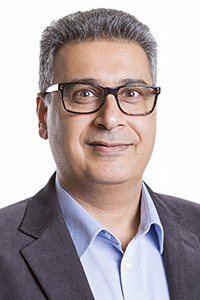Mini-Sobacken at Gadjah Mada University
Start date: 2012-07-01
End date: 2012-12-31
Indonesia frequently suffers from the increasing accumulation of solid waste. The current management of solid waste, which is partly collected in dumping sites and other parts are thrown illegally and then burnt in open areas, result in an unpleasant environment, soil and water contamination, air pollution, and destruction of the environmental welfare.
At the same time a lot of people, scavengers, work in the landfills to separate the recyclable material in order to cover their daily life. If a good system can encourage and educate people to separate the waste and source and at the same time to organize the scavengers, as an informal sector in waste management, this can reduce the amount of landfilling and its environmental impacts as well as creating real job for the scavengers. To create such a system a pilot project is needed to present the validity of the system to different sectors.
This project aims to study on the different actors involving in the waste issue (scavengers, students, cleaning services, staff, etc.) at Gadjah Mada University in order to design a doable waste management system for the University
The objective of this project
- To establish a simple and transparent waste management system
- To reduce the landfill
- To create jobs for scavengers
- To avoid the mess in garbage bins caused by scavengers
- To promote the model of Mini-Sobacken
- Set up the Center for Study and Education for further education and research
The project is carried out in Gadjah Mada University, the largest and oldest university in Indonesia. The university is located in the urban area of the Yogyakarta province.


